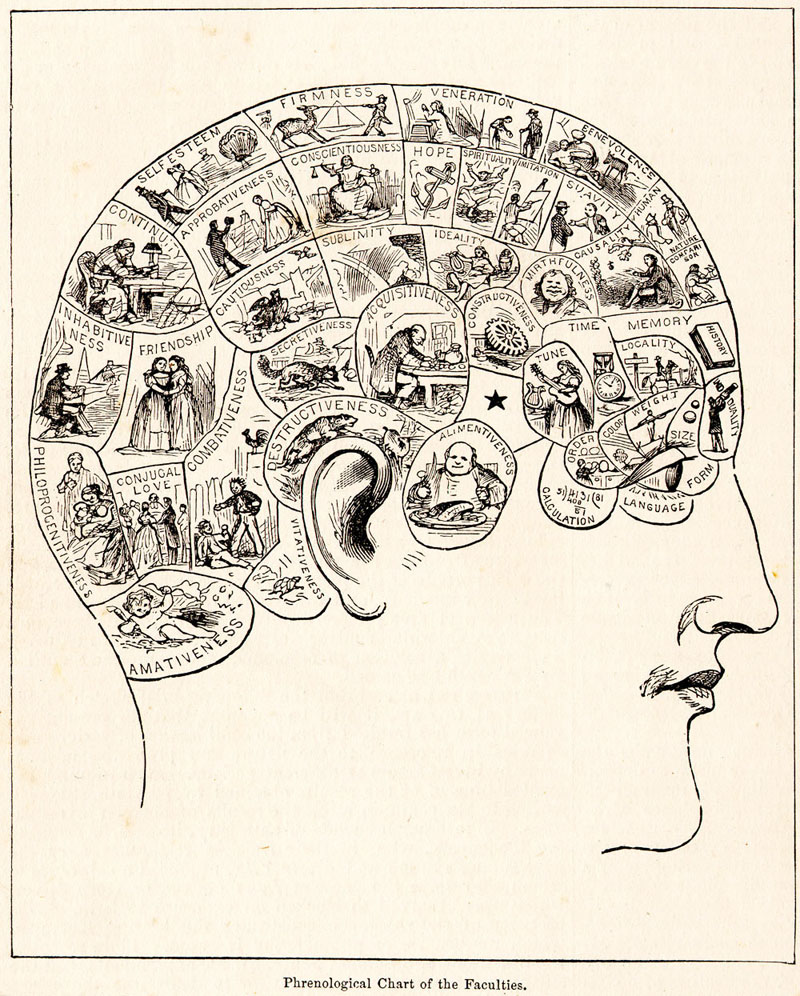Research Methods in Psychology and Sociology
The Critical Scientific Approach
- Empirical research is research using evidence gained through observation and experimentation. It is a way of gaining knowledge by means of direct and indirect observation or experience.
- Scientific skepticism is the practice of questioning whether claims are supported by empirical research and have reproducibility, as part of a methodological norm pursuing 'the extension of certified knowledge'.
- Pseudoskepticism is a term referring to a philosophical or scientific position which appears to be that of skepticism or scientific skepticism but which in reality fails to be so.
- Critical thinking is clear, rational thinking involving critique and clear, reasoned judgments.
- Generally regarded as one of the greatest philosophers of science of the 20th century, Karl Popper is known for his rejection of the classical inductivist views on the scientific method, in favour of empirical falsification.
- A statement is called falsifiable if it is possible to conceive an observation or an argument which proves the statement in question to be false.
- According to Karl Popper, confirmations of a scientific theory should count only if they are the result of risky predictions; that is to say, if, unenlightened by the theory in question, we should have expected an event which was incompatible with the theory.
- Occam's razor is a problem-solving principle asserting that among competing hypotheses, the one with the fewest assumptions should be selected.
- Reproducibility is the ability of an entire experiment or study to be duplicated, either by the same researcher or by someone else working independently.
- While an attribute is often intuitive in research, the variable is the operationalized way in which an attribute is represented for further data processing.
- In statistics, a spurious relationship is a mathematical relationship in which two events or variables have no direct causal connection, yet it may be wrongly inferred that they do, due to either coincidence or the presence of a certain third, unseen factor.
- Pseudoscience is a claim, belief or practice which is incorrectly presented as scientific, but does not adhere to a valid scientific method, cannot be reliably tested, or otherwise lacks scientific status.
- An ad hoc immunizing hypothesis is an unscientific strategy applied when falsifiable predictions are strongly falsified. The theory is protected by the appendage of ad hoc clauses or shielded by speculative hypothesis.
- Peer review is the evaluation of work by one or more people of similar competence to the producers of the work.

A typical 19th century phrenology chart: In the 1820s, phrenologists claimed the mind was located in areas of the brain, and were attacked for doubting that mind came from the nonmaterial soul. Their idea of reading “bumps” in the skull to predict personality traits was later discredited. Phrenology was first called a pseudoscience in 1843 and continues to be considered so.


